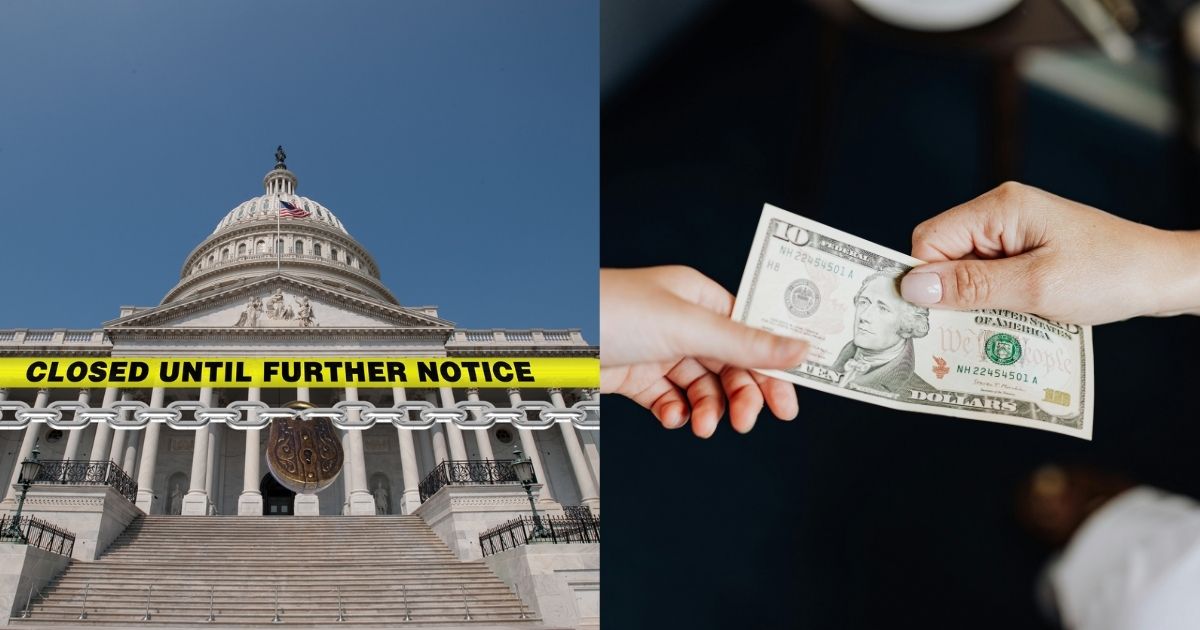The US federal government shut down on October 1, 2025. Once a government shutdown is announced, it results in several government employees being furloughed, and thousands of essential workers having to come to work without being paid.
Aside from these workers, millions of recipients of social security benefits, SNAP and VA benefits also wonder if their checks and deposits will reach on time or not.
For now, there is good news. These essential programs are secure however, if the shutdown continues, there might be issues with the payments.
In response to numerous calls to our office, Social Security benefits will continue to be paid during the government shutdown. However, processing new applications may be delayed due to staff furloughs. pic.twitter.com/6RrOTwwg5G
— Congressman Don Davis (@RepDonDavis) October 3, 2025
To understand the impact of government shutdown on several social security benefits is to grasp the understanding of how these programs work and how they are funded.
Social Security and VA benefits come under what the government considers “mandatory spending.” That means these are important expenditures and their funds do not fall under annual congressional appropriations. Since they don’t depend on congressional approval, they are not impacted by finding disruptions, at least not directly.
The Social Security Administration (SSA) has assured that federal payments such as retirement, disability, and survivor payments will still go out as scheduled.
Benefit payments, such as disability compensation, pensions, and education assistance for Veterans Affairs (VA), will also continue without any interruption. The VA itself has assured us that current benefit payments will continue.
So if you get Social Security, SSI, or VA benefits, you will still get your October payment as normal. While the actual payments themselves won’t stop, a lot of additional services and administrative tasks will suffer.
SSA offices will have reduced staff. Therefore, the requests for verification letters for benefits, duplicate Social Security cards, corrections to earnings records, or claims processing may be delayed or suspended altogether. These suspensions may have an effect on social security benefits of those who are undergoing some sort of inquiry and need additional help.
For Social Security’s cost-of-living adjustment (COLA), a possible delay is on the horizon. Since the Consumer Price Index data from the Labor Department are utilized to determine the COLA and the agency could furlough employees, the announcement might be delayed.
VA’s non-benefit services, such as job training, housing support, and assistance programs for veterans, could also slow down or stop.
SNAP (the Supplemental Nutrition Assistance Program) is more complicated. It usually operates on annual appropriations and is thus sensitive to shutdowns.
But thanks to administrative accounting practices, October SNAP payments are already “obligated” in September. That means that the states have essentially set aside the funding before the shutdown. Consequently, recipients should not be affected in receiving October benefits.
All the same, the longer the shutdown continues, the more uncertain SNAP’s prospects are. States may exhaust their contingency funds, thus jeopardizing upcoming benefits next month. Other associated programs are more vulnerable.
Programs such as WIC (Women, Infants, and Children nutrition assistance) are already marked down as having funding running out within one to two weeks.
Basically, the disruption in these programs depends on the duration of the shutdown.
If the shutdown is over in a few days, all will come back to normal and federal machinery will work as ever. However, if the shutdown goes on for more than a month, there will be visible strings on the state budgets, test system buffers, and cause delays in services people count on.













